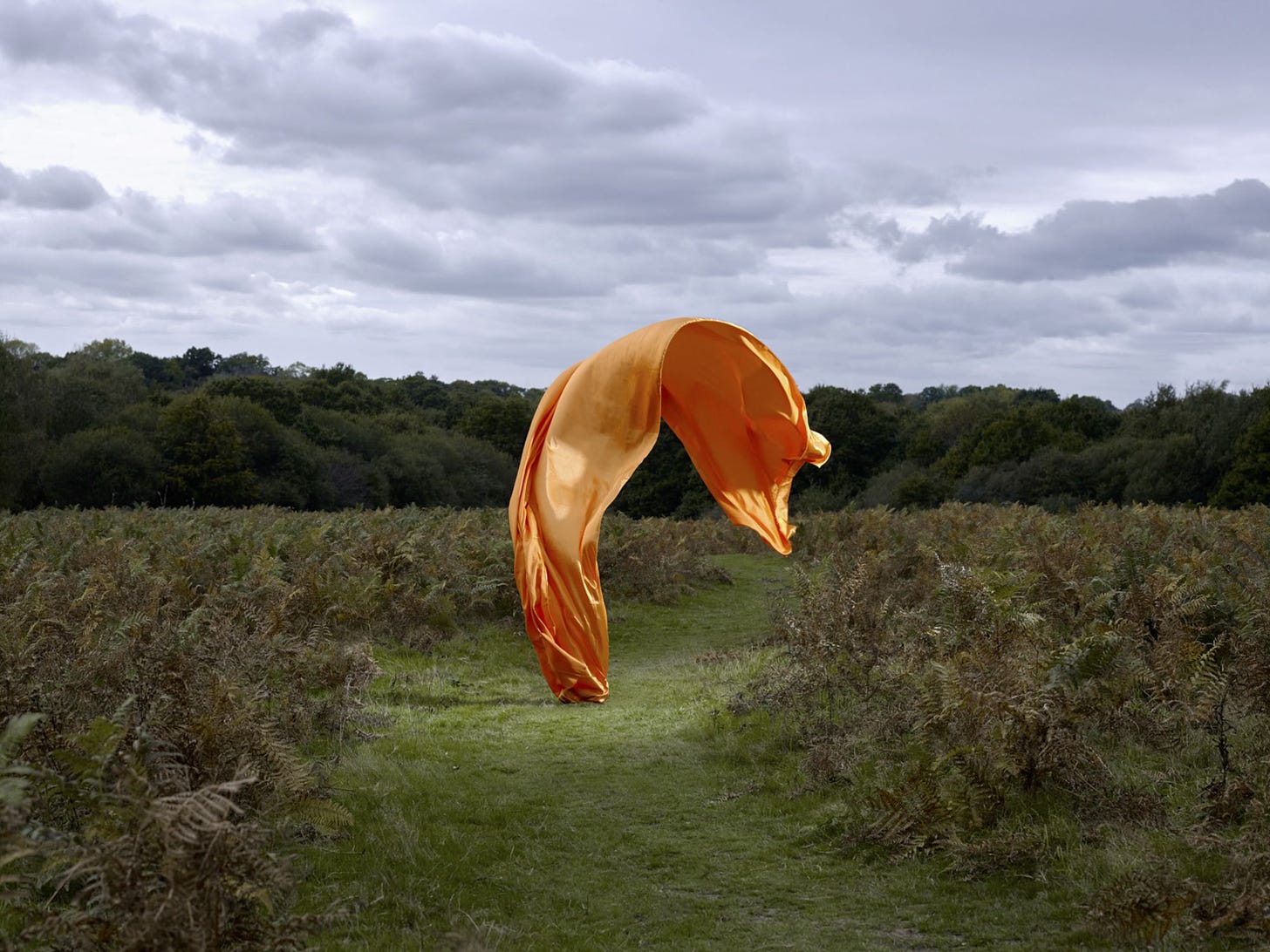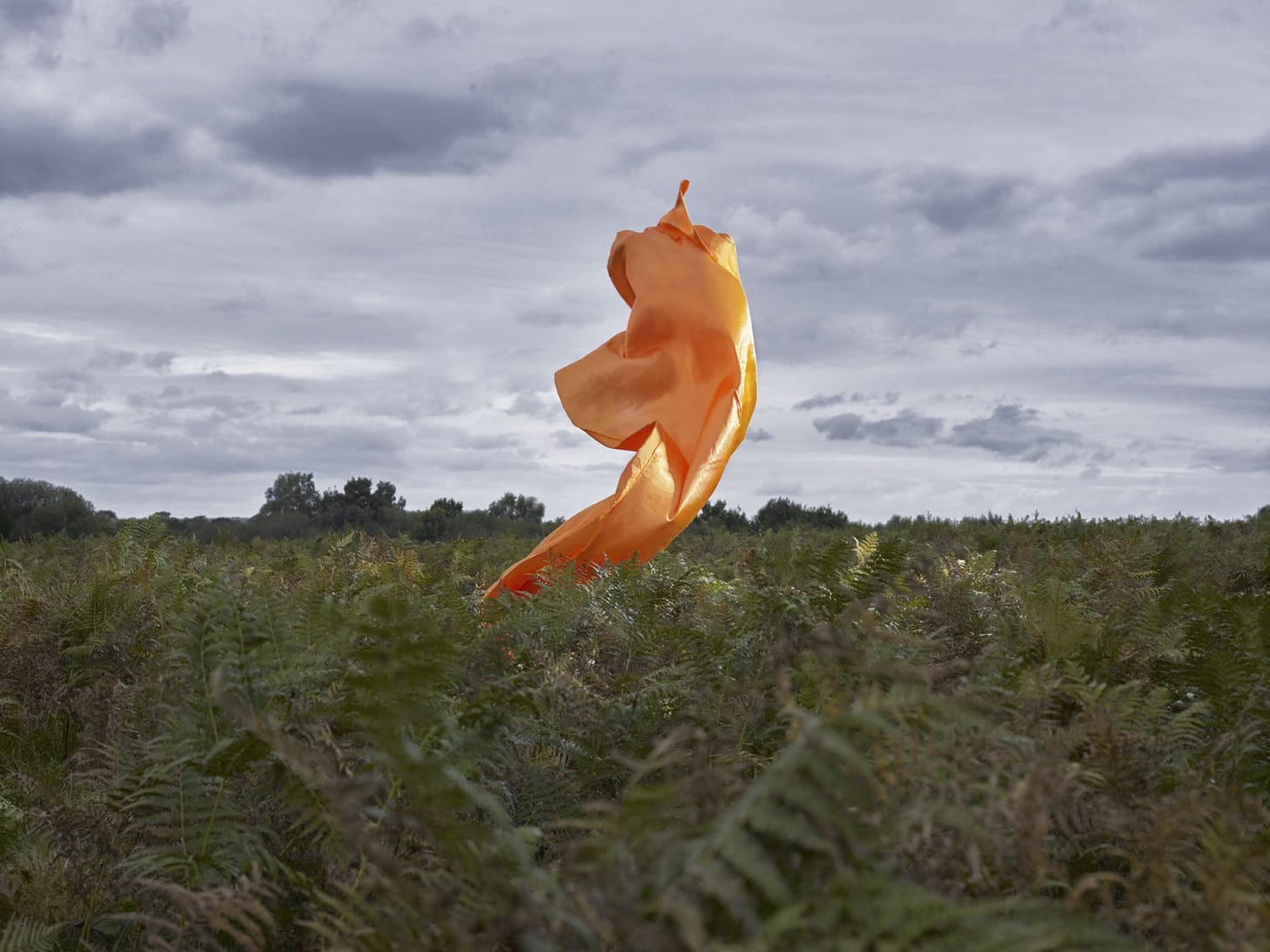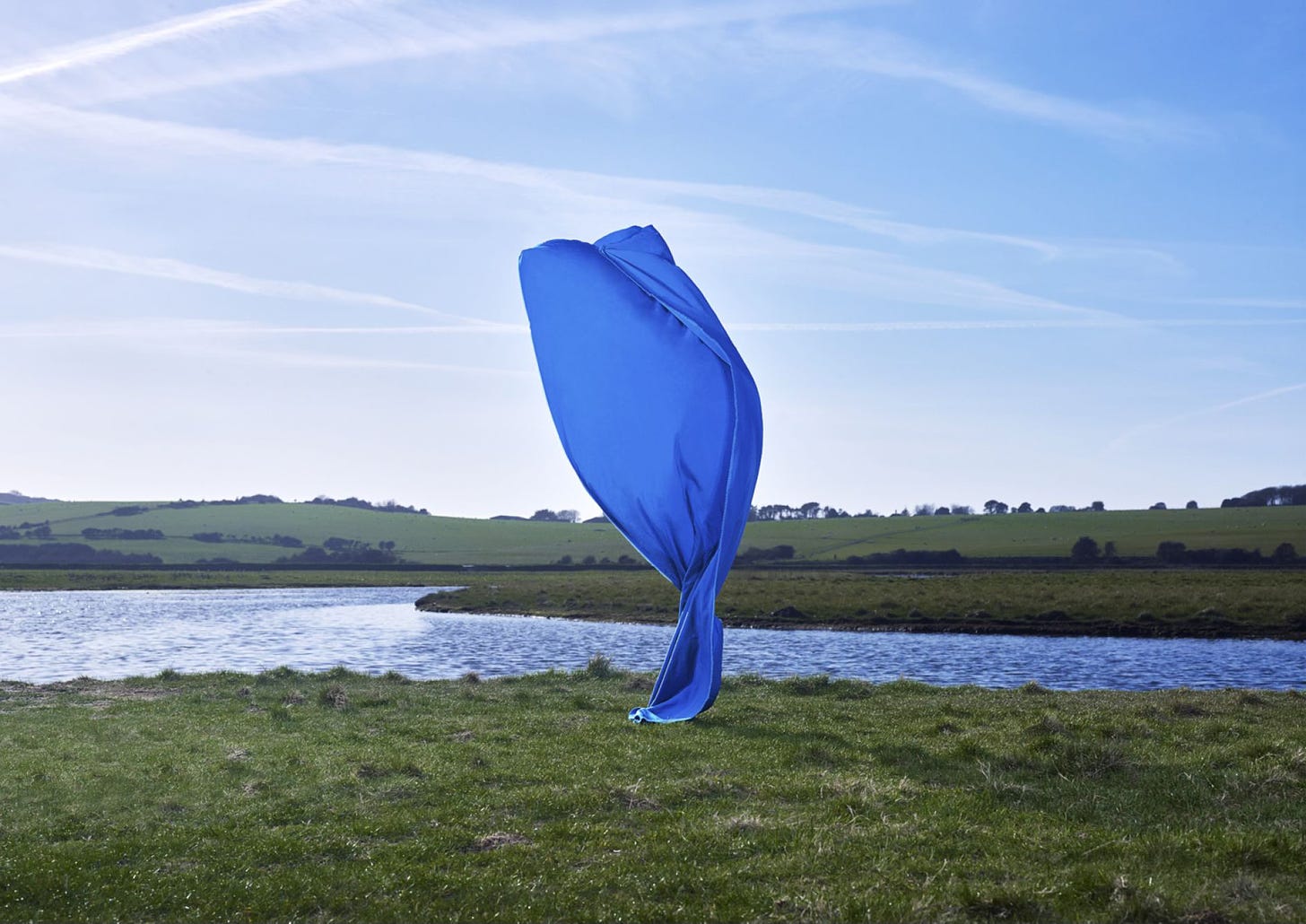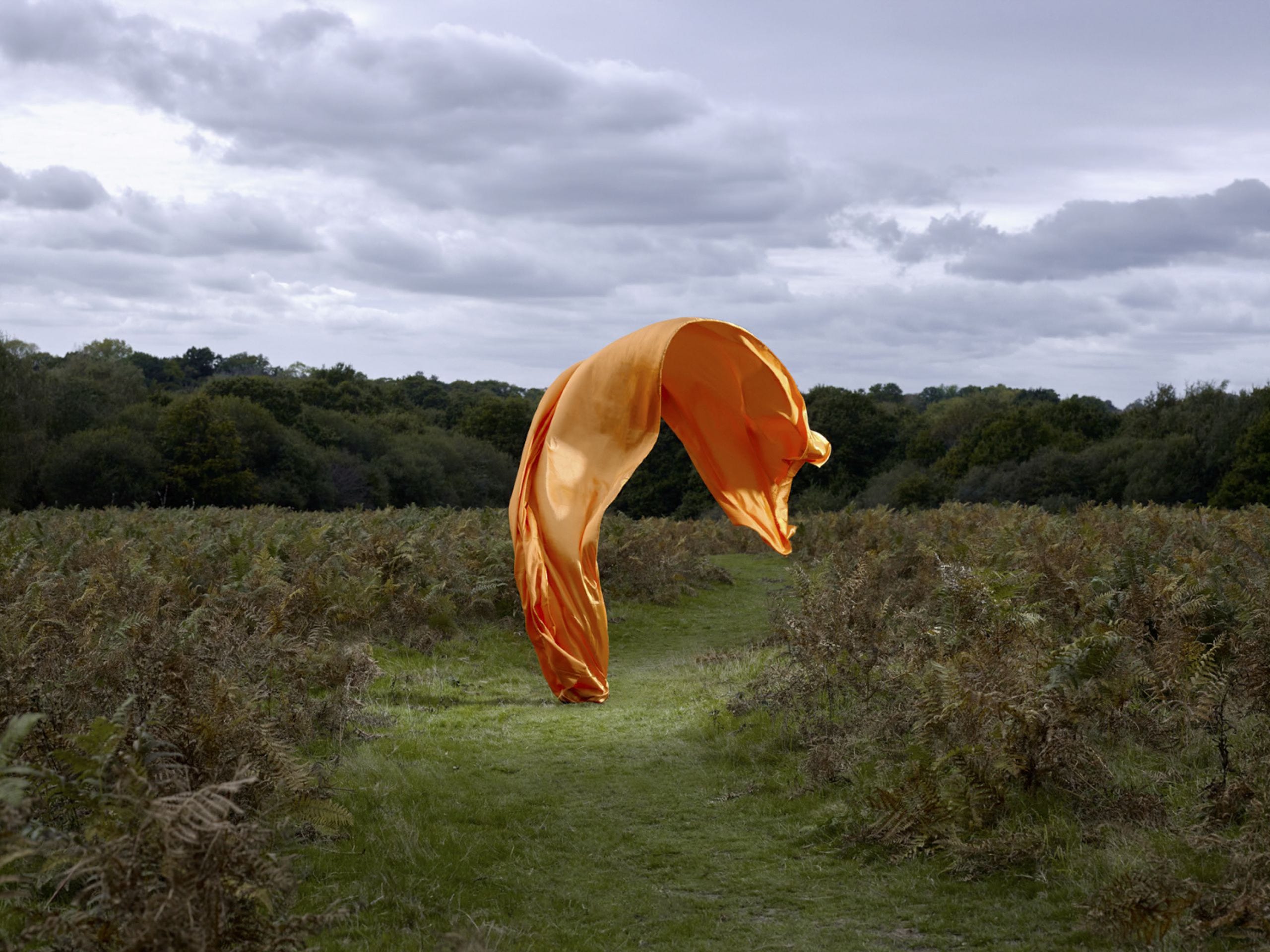Leadership in Chaos: 18th edition.
the power of empathy, by design, escalation of commitment.
“If we have learned one thing from the history of invention and discovery, it is that, in the long run—and often in the short one—the most daring prophecies seem laughably conservative.”
Arthur C. Clark

Culture: the power of empathy.
What if you were told you that a doctor’s empathy, has a bigger effect on chronic back pain than opioids, surgery and exercise. You’d think it should be prescribed it, right? Well, a new study found that “very empathetic” doctors are associated with greater pain relief, better functioning, and higher quality life among chronic back pain sufferers. Why? Because, empathy creates more open communication with patients and doctors, resulting in better treatment plans. And when patients feel like they’re being listened to, they stick to the plans better. Sadly though, empathy declines with medical students, and doctors often deprioritise it due to time constraints.
A thought for leaders: We talk a lot about the importance of softer skills. Skills like empathy. But often, just like in medicine, they’re deprioritised. They sound too soft. But empathy is a superpower. Employees are dealing with a dizzying amount of change all of the time, and 41% are experiencing “lots of stress”. Companies with bad management are 60% more likely to have stressed employees. Empathy from leaders, just like above, goes a very long way to improving management.

Performance: by design.
The 2024 Euro’s finished this month, and one of the bigger talking points was the English team. Bemoaned for their underperformance and their manager (despite a 2nd place finish), what was discussed less was their team culture, which was carefully and intentionally designed around psychological safety, and a sense of belonging. They worked with applied psychologist Dr Pippa Grange to build a system of culture. They considered every touchpoint. From the kit men and the physio’s who spent quality time with the players. To the re-naming of substitutes to finishers, which made sure everyone felt a part of the team. To a buddy system for penalty takers to maintain togetherness.
A thought for leaders: The English team is a great story of recognising the relationship between culture and performance. They recognised that 70% of human behaviour is determined by environment. And they proactively built a better one. One with a collective vs an individual identity. One that considered the whole culture, not just parts of it. So despite receiving all the flack, and going through multiple penalty shoot outs, they stayed resilient. And they very nearly won.

Change: escalation of commitment.
A thought for leaders: Refusing to quit isn’t always a heroic act of resilience. It’s often stubborn rigidity. And some of our worst decisions, can be traced back to escalation of commitment. In too deep and all that. The mark of wise leadership, is to be quick to question beliefs. And to make decisions quickly when things change. Rowing harder in the wrong direction is useless, regardless of the personal cost of change.

Podcast: EP 23: Presidential Leadership in Chaos
Very timely now, given the latest presidential Chaos in the US.
You can follow Flow Group on Linkedin here.
P.S. This month’s featured work is Neal Grundy’s Transient Sculptures series, which focuses on the overriding concepts of change and motion, capturing fabric forms in “mid-flight.” Designed to mesmerise the viewer, the images capture a world passing by, and find a sense of beauty in ephemeral moments.

